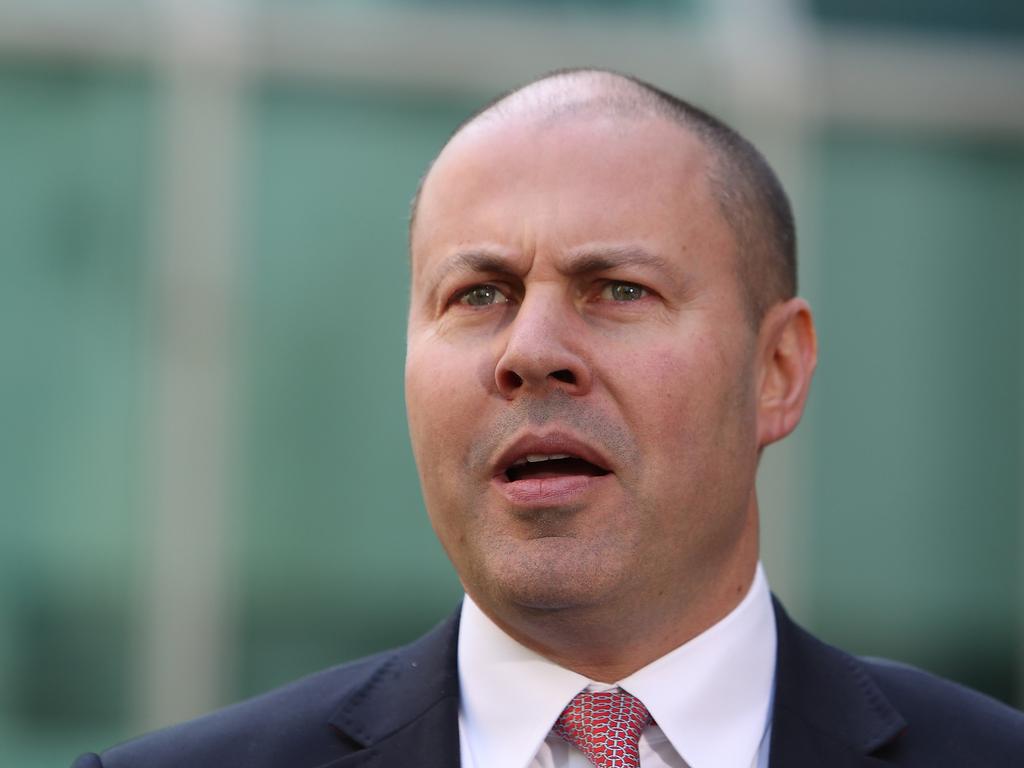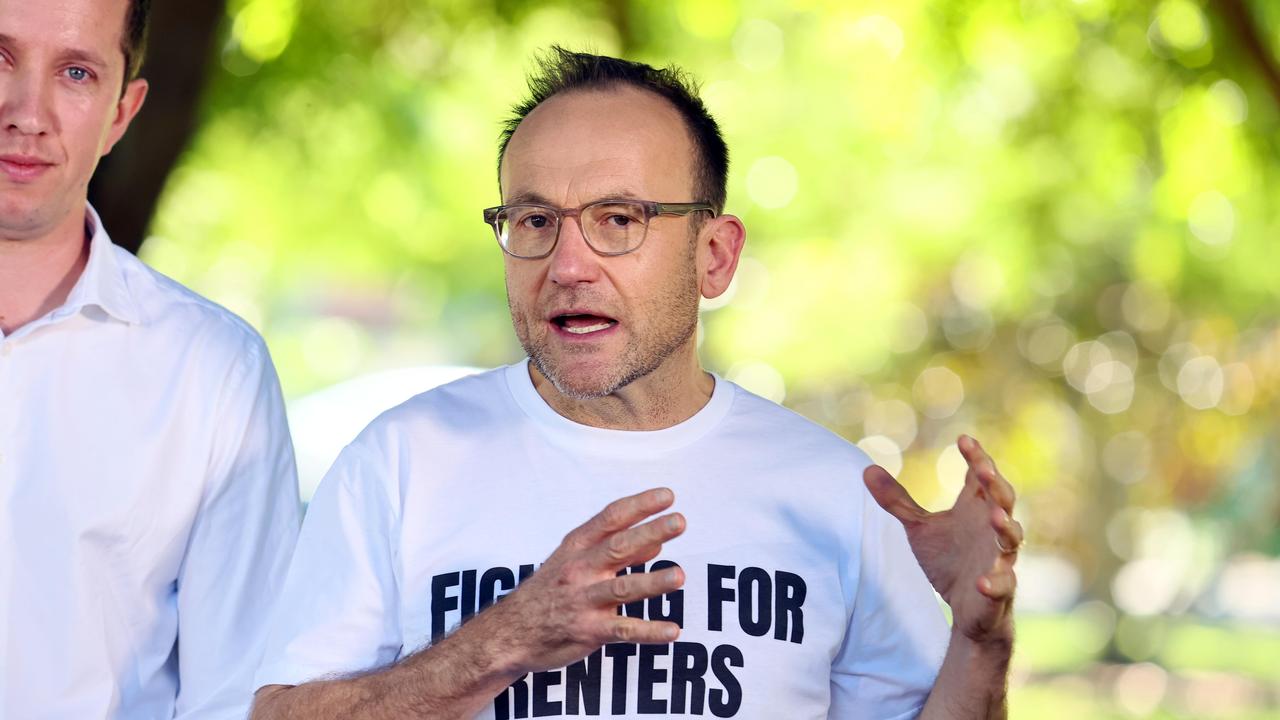Josh Frydenberg says Hungary backs his MP eligibility but law academic queries if it’s enough
Josh Frydenberg has welcomed the Hungarian government’s statement he has no ‘established’ claim to citizenship.
![Federal Treasurer Josh Frydenberg this week. He says he ‘wrote to the Hungarian government to confirm that any other citizenship from me [than Australian] is not established’. Picture: AAP](https://content.api.news/v3/images/bin/c5cbf57ea681fc2a7497e377c866dcb0?width=650)
Treasurer Josh Frydenberg says the Hungarian government’s confirmation that he has no “established” claim to citizenship “speaks for itself”, but a University of Melbourne law professor says Section 44 ineligibility “is not about the views or records of a foreign government about citizenship”.
The Weekend Australian revealed on Saturday Mr Frydenberg had received a letter from Hungarian Prime Minister Viktor Orban’s office this week saying the country had no records to show he is a dual citizen
The letter comes as the federal deputy Liberal leader faces a High Court challenge to his constitutional eligibility to sit in federal parliament from climate activist Michael Staindl.
“The letter speaks for itself, and as you know I’ve always maintained that my citizenship is only Australian, and that is the case, and I wrote to the Hungarian government to confirm that any other citizenship from me is not established, and I received the response accordingly,” Mr Frydenberg told a press conference during the Victorian Liberal Party’s state council meeting in Ballarat on Saturday.
Asked whether the fact that he had gone to the trouble of writing to the Hungarian government meant he was concerned, and whether he should have contacted the Hungarian government when the Section 44 crisis hit parliament in July 2017, or in November 2017, when The Australian raised links to potential Hungarian citizenship through his mother, Mr Frydenberg said he had sought legal advice.
“I received that legal advice, and that legal advice to me has been very clear that my citizenship is Australian, not Hungarian, and this matter as you know has been taken further by political opponents, for whatever reasons,” Mr Frydenberg said.
“Many have been very critical of maybe the motivations of others to take this case forward, but now that I’ve received that letter, that letter speaks for itself.”
Mr Frydenberg’s mother Erica was born in Hungary in 1943 and came to Australia as a child after spending time in a displaced persons’ camp as she and her family fled the Holocaust.
Under a Hungarian citizenship law designed to address the stateless status of Jews, who were murdered in their tens of thousands and driven out of Hungary during World War II, anyone born in Hungary between 1941 and 1945 is automatically considered a citizen.
Section 3(1) of the Hungarian citizenship act states: “The child of a Hungarian citizen shall become a Hungarian citizen by birth.”
University of Melbourne law professor Jeremy Gans said the Hungarian government’s letter would have little bearing on a court’s decision over whether Mr Frydenberg is ineligible to sit in parliament under Section 44 of the constitution.
“This is the usual 'I have a letter from a foreign government and they say they have no record of my citizenship' defence,” Professor Gans tweeted during a series of posts.
“But S44 ineligibility is not about the views or records of a foreign government about citizenship.
“Rather, it's about what an Australian court, presented with evidence of someone's citizenship, thinks that a foreign court, if presented with that same evidence, would find about that person's citizenship. Essentially, the Australian court reads and applies the foreign law.
“Foreign records of citizenship only matter if the foreign law says they matter. For instance, if a foreign law says that you can only get citizenship by descent if your birth was notified to the government or if your ancestor's citizenship is contained in government records.
“If not, then a letter from the foreign government is no answer to a S44 problem.”
Professor Gans said there was also a “separate and very unclear” issue over whether Mr Frydenberg is “entitled to the rights and privileges of a Hungarian citizen”, even if he is not one.
“But Staindl's petition does NOT raise this issue, so presumably it won't come up in the High Court,” Mr Gans said.
Mr Frydenberg, whose maternal grandparents were also born in Hungary, had previously sought legal and citizenship advice domestically and in Budapest to clear any doubt over dual-citizenship status, which would rule him ineligible to sit in federal parliament.
Following the May 18 election, Mr Staindl lodged a challenge with the Court of Disputed Returns challenging Mr Frydenberg’s eligibility to represent the eastern Melbourne seat of Kooyong on the grounds of dual citizenship.
The claim was lodged in July by Vanessa Bleyer of Bleyer Lawyers, who unsuccessfully ran for the Tasmanian parliament as a Greens candidate and attempted to replace former Greens leader Christine Milne in the Senate.
A separate case lodged with the Court of Disputed Returns — run by failed Kooyong candidate Oliver Yates — is pursuing Mr Frydenberg over claims purple Liberal Chinese-language signs misled voters.
Mr Yates, the former Clean Energy Finance Corporation chief who claimed 8.98 per cent of the primary vote compared to Mr Frydenberg’s 49.41 per cent, is arguing voters were misled by Chinese corflutes that featured the same colour scheme traditionally used by the Australian Electoral Commission. The signs instructed Chinese-Australians to put a “1” next to the Liberal candidate.
Earlier this month, Simon Frost, the former Victorian Liberal Party acting director who is now a senior adviser to Mr Frydenberg, conceded the Chinese corflutes were “intended to convey the impression” they had been produced by the AEC.





To join the conversation, please log in. Don't have an account? Register
Join the conversation, you are commenting as Logout